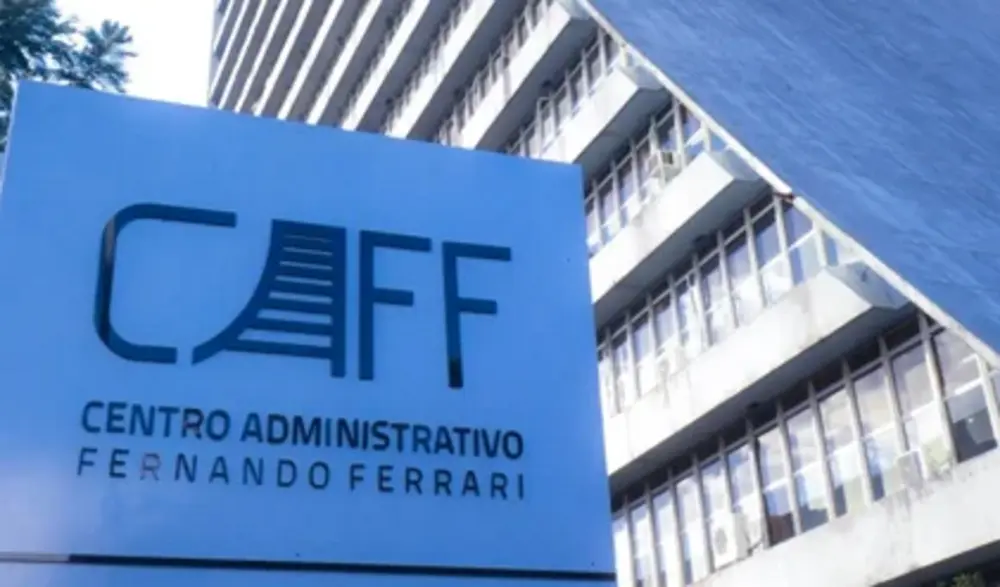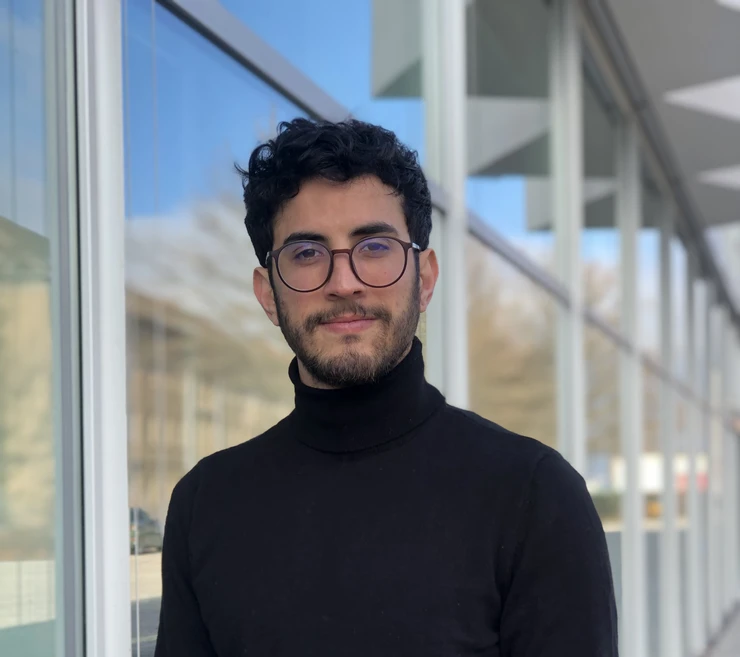Internship Postcard Series #7

MPP student: Roman Coutinho
Location: Porto Alegre, Brazil
Organisation: State of Rio Grande do Sul, State’s Secretariat of Planning, Governance, and Management
It is still hard to describe how surprised I was to discover that a selection process from last year had brought me the opportunity to work for the state of Rio Grande do Sul in Brazil. The state is vast, with almost 11 million inhabitants, 497 municipalities, and a size comparable to that of Ecuador. I was thrilled to join the State’s Secretariat of Planning, Governance, and Management, especially considering the state’s critical fiscal situation; the secretariat is in the spotlight to ensure that the debt is under control.
Meeting new people, areas and projects, every day was a new experience until I settled down in a team. In this field the possibilities are very diverse. The Secretariat is responsible for a wide range of functions, not only within the Policy Cycle, including socio economic surveys, strategic planning, monitoring and evaluating, but also for international cooperations.
Modernizing the Public Management
I worked in a technical cooperation project between the United Nations Development Programme (UNDP) and the state. This project aimed to hire a consultancy firm to modernize the state's management. I was curious: How does one actually achieve that?
Surprisingly, the answer is not necessarily rooted in technology, but rather in a new administration model: Business Process Management (BPM). This approach involves mapping, describing, and designing the most strategic processes within the secretariat. This facilitates sharing knowledge, set indicators and future automation.
My role was to monitor the consulting, report on whether the deliverables were meeting the established requirements, and propose further improvements. One of the key goals was to implement a Business Process Management Office (BPMO). For that, benchmarking with successful experiences is crucial, and conducting interviews, mapping systems, analyzing, and documenting how they could be applied in the state’s context was really fun. Knowledge in project and public management was essential for this role.
Portfolio management
An exciting part of this work experience was learning about the state's planning and governance structure. The territory is divided into 28 regions each with its own strategic plan and project portfolio, totaling around 1100 projects. Here my task was to analyze these projects in alignment with the state’s strategic priorities before consolidating all of them on a data basis and create a data visualization to guide the investment decision-making process.
Identifying the projects under the state’s control and classifying them into priority areas were key steps. These prioritized projects will then be subject to regional voting to determine which would receive funding from the state's budget. It was the largest participatory policy initiative I had ever witnessed. The experience provided me with valuable insights into the nuances of project frameworks and the profound impact these initiatives have on the transformation of various regions.
I have never been so closely involved in the implementation of such interesting policies. The public sector definitely inspired me to pursue a deeper understanding of public policies and to champion projects that will usher in the transformative change we aspire to create.
About the Author

Roman Bertoldo Coutinho is a master’s student at the Willy Brandt School of Public Policy. He holds a Bachelor’s degree in Public Management for Economic and Social Development from the Federal University of Rio de Janeiro. At the Willy Brandt School, he is specializing in Social Economic Development and Global Public Policies, focusing on governance and decarbonization.
~ The views represented in this blog post do not necessarily represent those of the Brandt School. ~